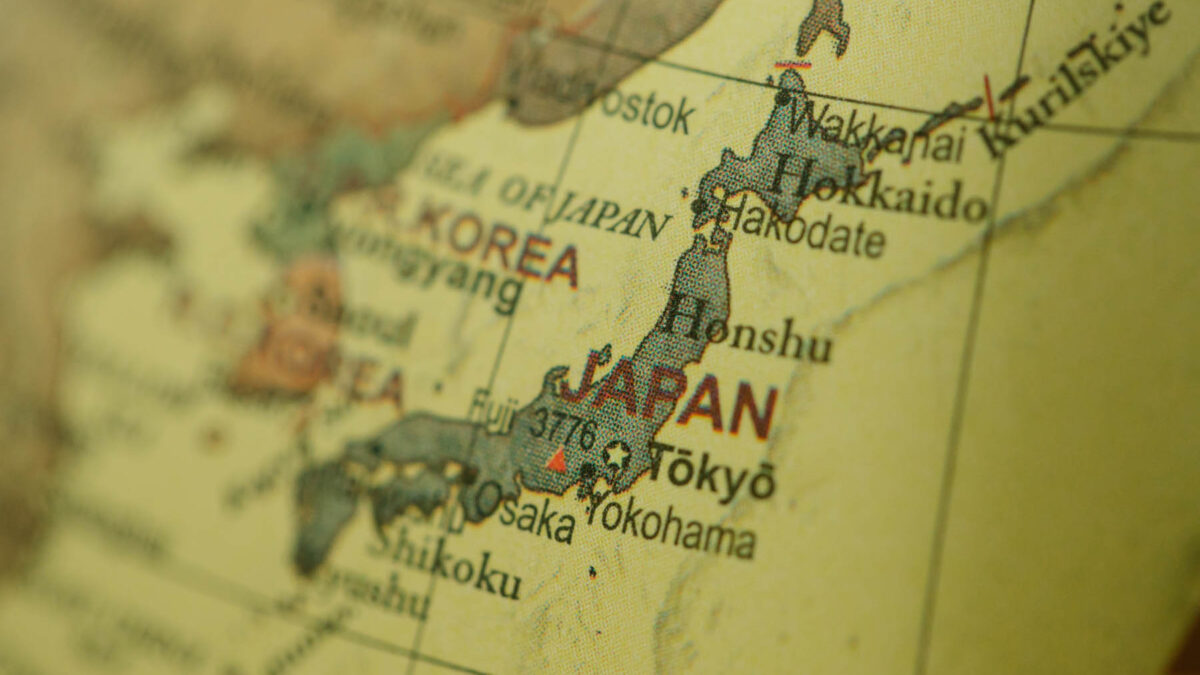Ahead of the G7 summit, Japan faces pressure to finally embrace marriage equality for LGBTQ+ couples
Note: “Same-sex” couples is society’s phrase for two people who were assigned the same gender at birth and have not changed their government-recognized gender. This term enforces a false binary of gender and does not reflect the full spectrum of LGBTQ+ identities, but in this article we will use the term as deployed by the governing bodies discussed here, as well as press coverage of marriage equality news.
Ahead of the upcoming Group of Seven summit in May, LGBTQ+ activists and international leaders are calling on the G7 host nation, Japan, to instate legal protections for same-sex marriages. Japan is currently the only G7 member that does not legally recognize same-sex marriages or civil unions, despite the fact that domestic polls show more than 70% of people in the country are in favor of legalizing same-sex marriage.
LGBTQ+ rights in Japanese headlines
This reinvigorated push for marriage equality has been thrust into the spotlight after several incidents that highlighted the nation’s anti-LGBTQ+ policies. In late February, Japanese Prime Minister Fumio Kishida said the country’s ban on same-sex marriage is “not discriminatory,” claiming in the same breath that the constitutional freedom of marriage only applies to heterosexual unions. Last month, an aide to Kishida made a homophobic comment in a meeting with reporters, leading to backlash and subsequent dismissal in light of the prime minister’s support for a bill aimed at promoting an apparently cosmetic “understanding” of the LGBTQ+ community but fails to take any actionable steps to marriage equality.
Approximately 250 Japanese municipalities, including Tokyo, have partnership certificates available for same-sex couples, allowing them to rent apartments and sign documents in medical and legal emergencies. However, these certificates are not legally binding, leaving couples barred from protection and visitation rights, even in life-threatening instances. While partnership certificates signify a huge step forward in Japan’s cultural acceptance of LGBTQ+ couples, the lack of true equality remains a glaring issue.
The international push for marriage equality
At the inaugural Pride 7 summit in Tokyo in late March, campaigners called on Japan to enact an anti-discrimination law before it hosts the G7. “The legislation is not only a minimum requirement for [LGBTQ+] people to be able to be who they are, but also a symbolic step toward eliminating underlying discrimination and prejudice against them,” Makiko Terahara, of the equal rights group Marriage for All Japan, said at the summit.
Though it is unclear whether Japan will see constitutional advancements ahead of May’s summit, the queer community can find comfort in the fact that the government faces external pressure to bring about progress. In a letter to Kishida, ambassadors from Canada, France, Germany, Italy, Britain, the United States, and the European Union called on Japan to “match its international advocacy for human rights with a domestic agenda that includes steps to protect its own LGBTQ+ communities.”
Stay up to date on marriage equality news by joining our mailing list.
Featured image by Lara Jameson
































